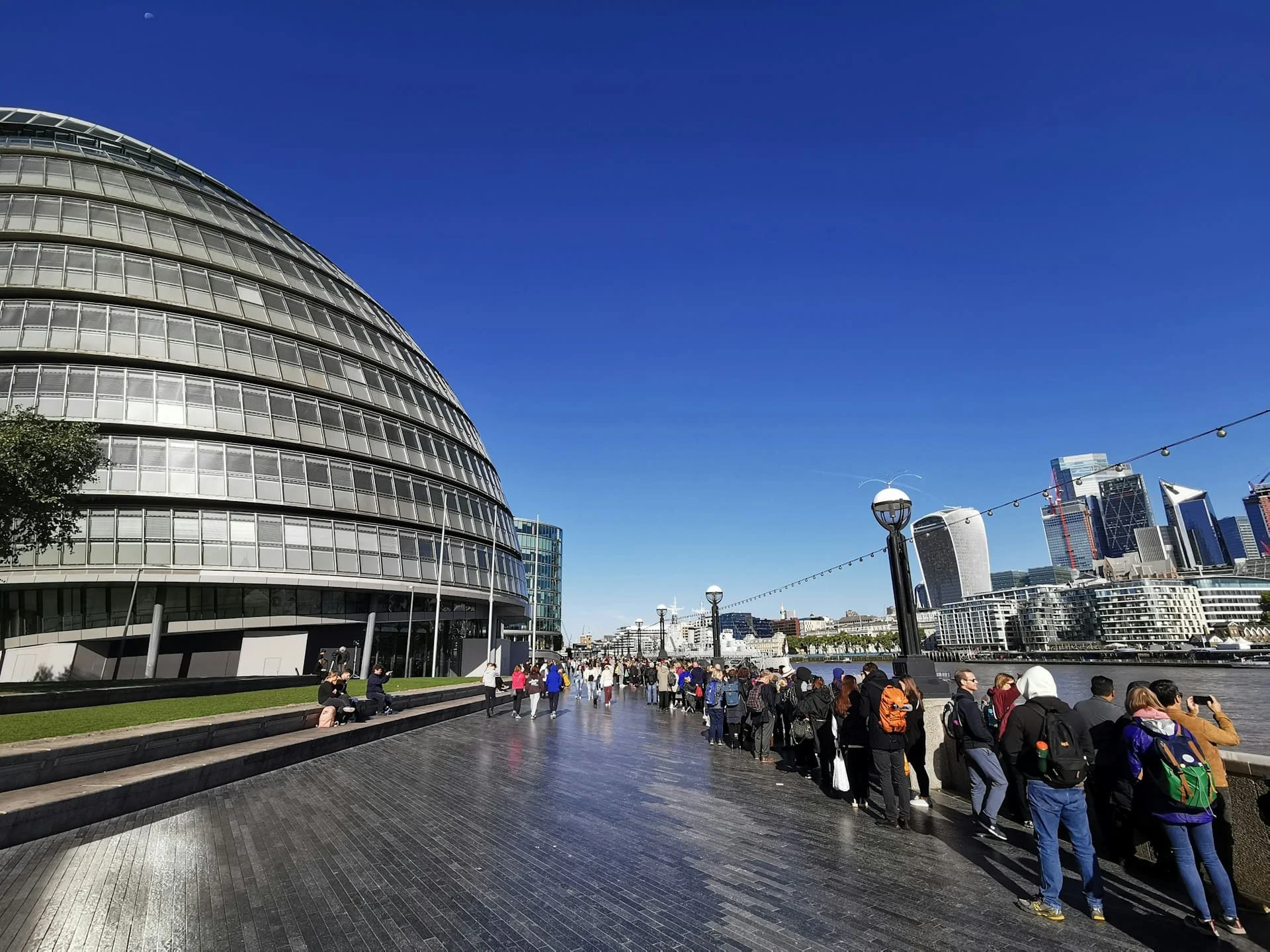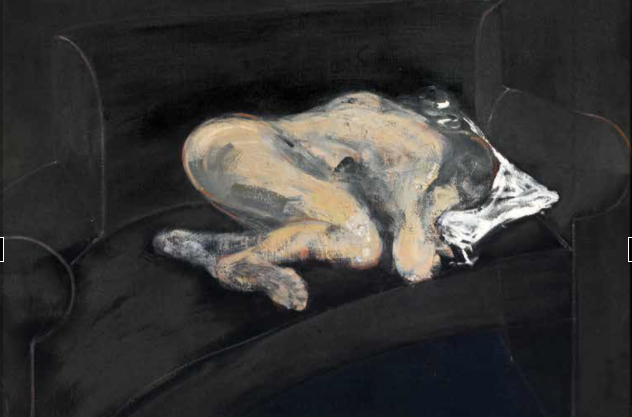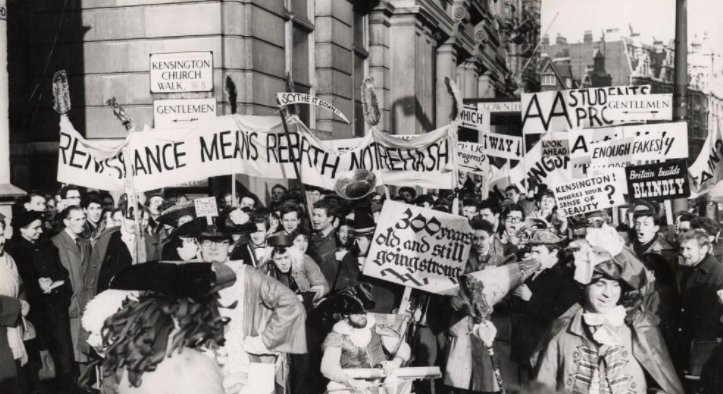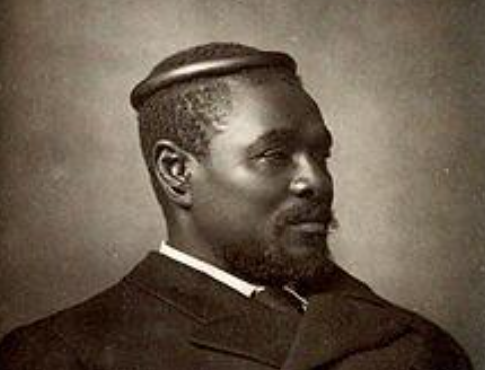Simon Mundy’s Classical CD Highlights: Elgar, Dvořák, Phibbs, and Voices of Thunder
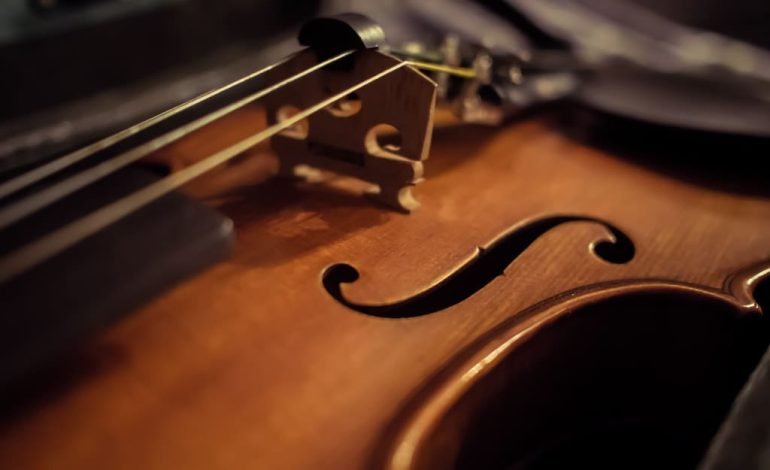
EyeOnLondon CD Reviews Jan 25
Elgar: Violin Concerto and Carrissima
Vilde Frang – Violin
Thomas Hoppe – Piano
German Symphony Orchestra Berlin
Robin Ticciati – Conductor
Warner Classics 5021732409423
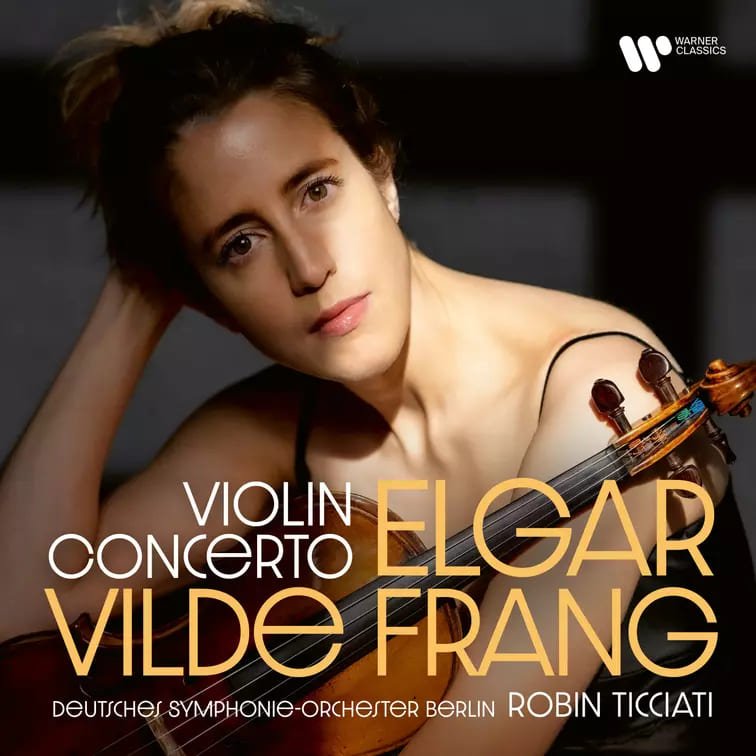
To have a crack German orchestra and soloist tackling this concerto afresh would have pleased Elgar enormously because, until World War I led to the banning of his music, Germany was the pillar of his international reputation. Frang’s interpretation is beautifully judged, putting it firmly in the post-Brahms tradition without wringing out every last drop of pathos. There’s plenty of reflection, though, and she has the virtuosity to handle Elgar’s more tempestuous passages with panache. Robin Ticciati, the Music Director at Glyndebourne, makes sure his Berlin forces match her in every detail. Elgar was a good enough violinist himself to have considered being a soloist and to have led what is now the City of Birmingham Symphony Orchestra when Dvořák conducted, so he knew better than most how to make the instrument sing. Frang does too, though among recent recordings I slightly prefer the more intense reading of Nicola Benedetti on Decca. A drawback to Frang’s disc is its length and companion piece. At just over 50 minutes it is thin reward. There are plenty of other concertos that could have been added, rather than the miniature Carrissima with piano. While it is interesting as the first work ever commissioned for the gramophone, the lurch from the end of the grand concerto to the tiny encore is jarring. Warners should get her to record more and re-release.
Dvořák: Symphonies 5 & 6
Melbourne Symphony Orchestra
Jaime Martín – Conductor
LSO Live MSO0002

The young Elgar was particularly impressed by Dvořák’s deft orchestration when he played for the Czech composer and he was right. The Sixth Symphony is a clear development from the more subdued Fifth, which has never quite achieved the same place in the repertoire. The Fifth is closer to some of Tchaikovsky’s work and does not quite have the stamp of Dvořák’s individuality. The Sixth, though, is one of his most successful works and was the first of his symphonies to be published. Driven by its infectious opening, it is both more Czech in its themes and rhythms and yet was seen quickly as attractive for an international audience. That remains the case today. Jaime Martín, in his previous career Principal Flute of the London Philharmonic and Chamber Orchestra of Europe, paces the symphonies intelligently – as befits someone who has, like Elgar, played them, not just learned the score. The new partnership of Melbourne with the LSO’s label is already doing us a favour, though the LSO’s old 1960s recordings on Decca with István Kertész remain the benchmark.
Joseph Phibbs: String Quartets 2, 3 & 4
Piatti Quartet
RTF Classical NI 6452

At fifty Joseph Phibbs deserves to be far better known outside new music circles than he is. The music is immaculately constructed, his counterpoint keeping the melodic invention moving. Somehow he always lets the themes breathe as well. There is an edge to the writing which keeps it fresh and doesn’t allow it to drift into soppy neo-romanticism but does not grate on the ear either. These quartets have genuine depth that means they can be listened to time and again with real satisfaction. The second and fourth come out at just over a quarter of an hour each, with the third, written in 2019 but revised a couple of years later, being more substantial and ten minutes longer. Its middle movement, Notturno e fantasia, is superb – one of those that invite the repeat button to be pressed. While being a very British composer and firmly in the tradition of the generation after Benjamin Britten, he has also been influenced by his time in New York, both city and state, and the effects of light, as he says, ‘natural and artificial’, inform much of his inspiration. The Piatti Quartet have been around for a decade now and their playing of the music of our time has brought them a cabinet full of awards: justifiably so. Their readings of Phibbs’ works have complete assurance, never tentative in slow passages, never bashful in the fast ones. It is years since I have enjoyed an album of new quartets so much.
Voices Of Thunder
Works by James Macmillan, Jonathan Dove, Dobrinka Tobakova, Arvo Pärt, Judith Weir, Parry, Stanford, Dupré, Boyle, Larsen, Haydn, and Balfour Gardiner
Magdalen College, Oxford, Choir
Blaise Durodie – Treble
Matthew Daly – Tenor
Alexander Pott, Edward Byrne, Romain Bornes – Organists
Mark Williams – Informator Choristarum
CORO Magdalen COR16209
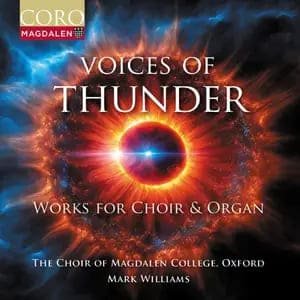
This might seem like a grand hodge-podge of works for choir and organ and it is but it is also strangely satisfying. Although there are some old favourites, like Parry’s Blest Pair of Sirens (a title that has caused titters amongst trebles for a century) and Balfour Gardiner’s Evening Hymn, it is actually the recent works by the living composers like Tobakova, Dove and Sir James Macmillan that steal the show. They capture the real mystique of Magdalen’s chapel and the harmonic excellence of the choir. If you want a relaxed canter through the choir’s repertoire, without a carol in sight, then this is a generous ride.
For more information about these recordings, visit the official websites of Warner Classics, LSO Live, and CORO Magdalen.
Stay tuned to EyeOnLondon for more expert reviews, insights, and updates on London’s unmatched arts and culture scene. Follow us for a unique perspective on the world of classical music!
Follow us on:
Subscribe to our YouTube channel for the latest videos and updates!
We value your thoughts! Share your feedback and help us make EyeOnLondon even better!






